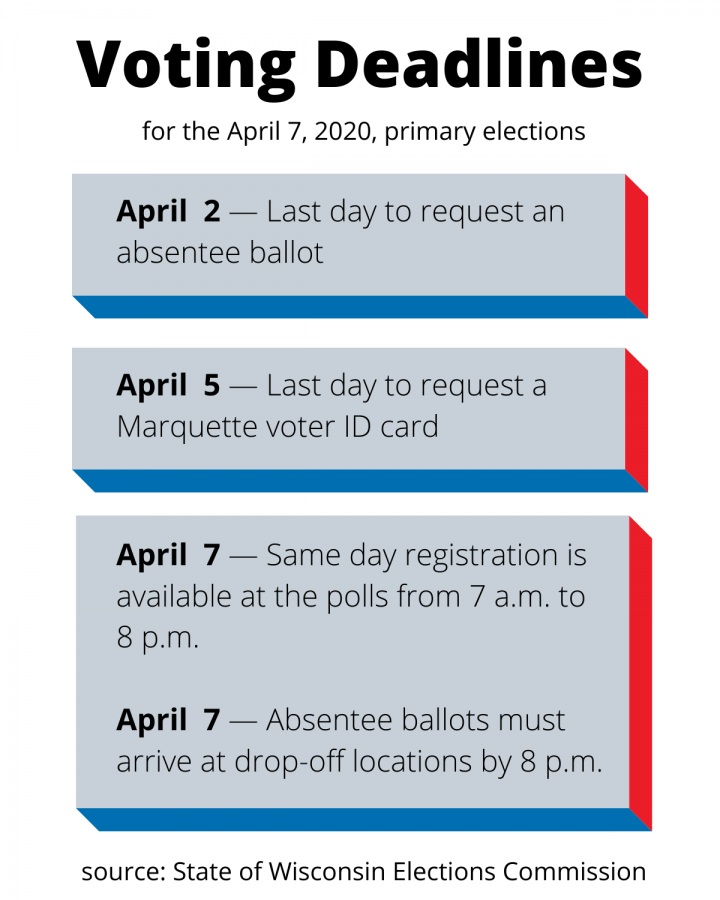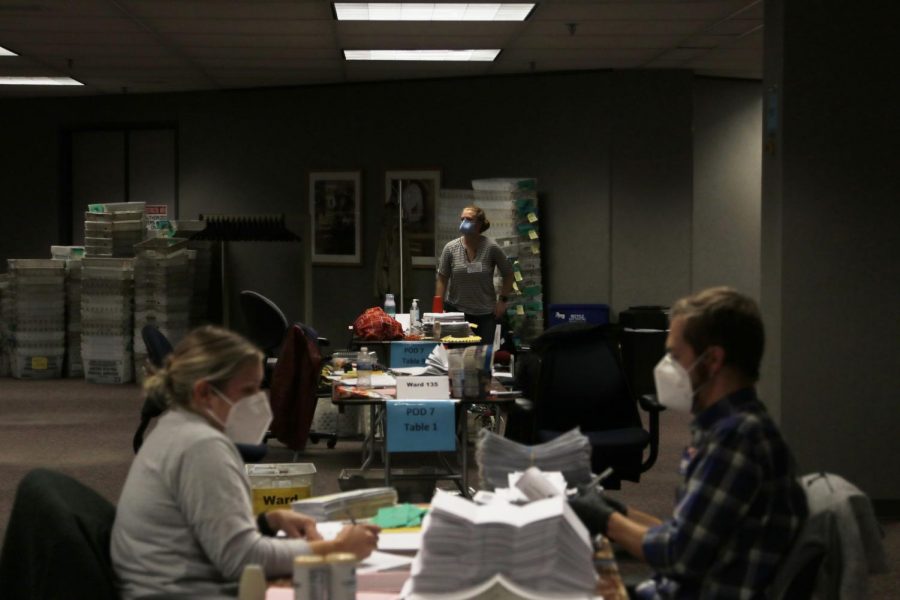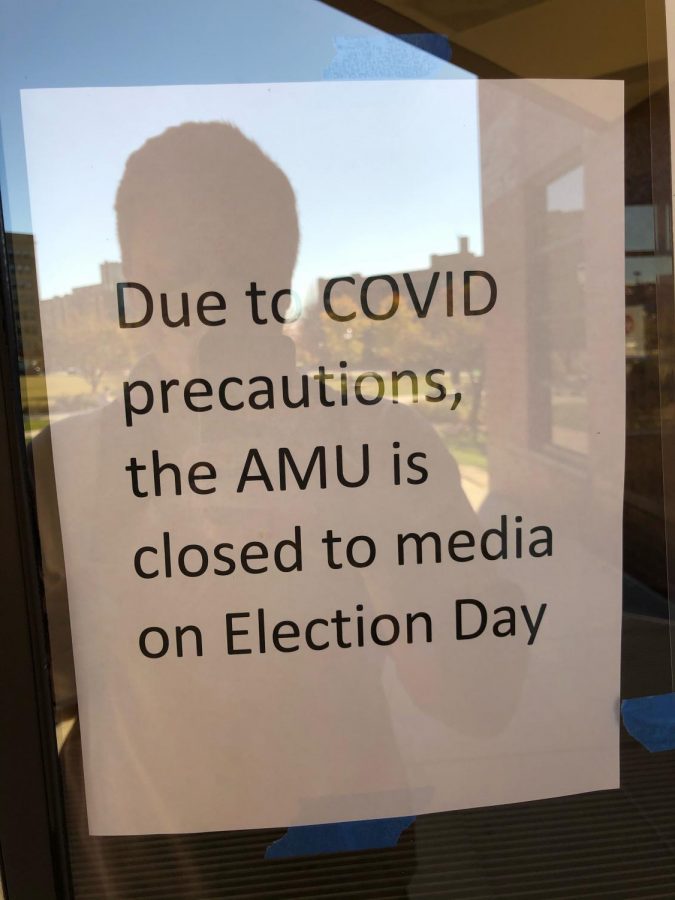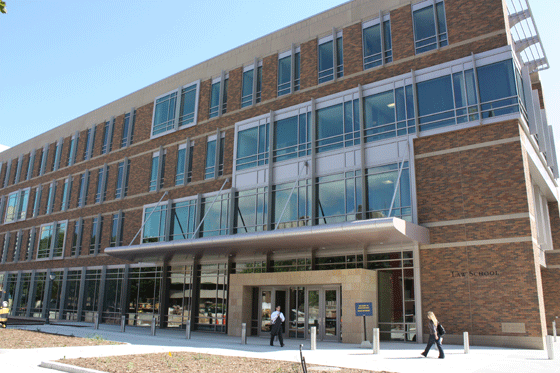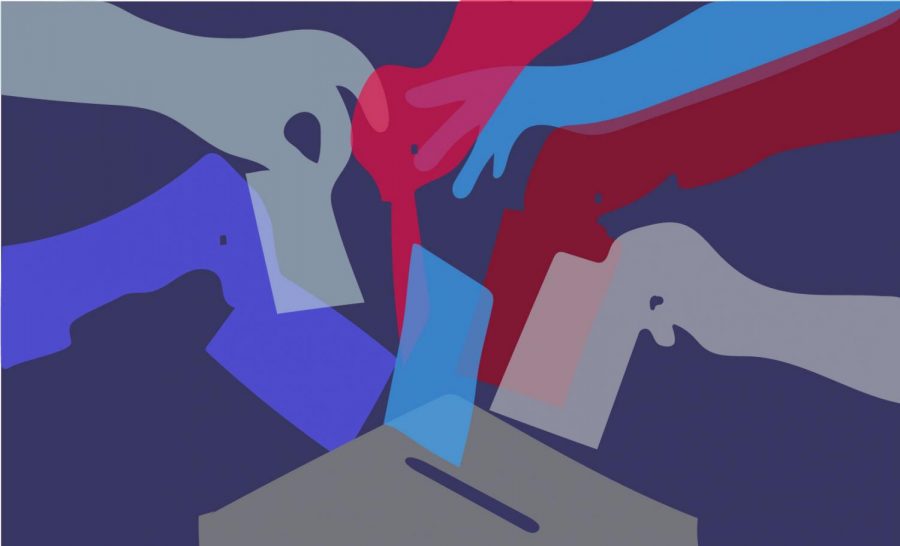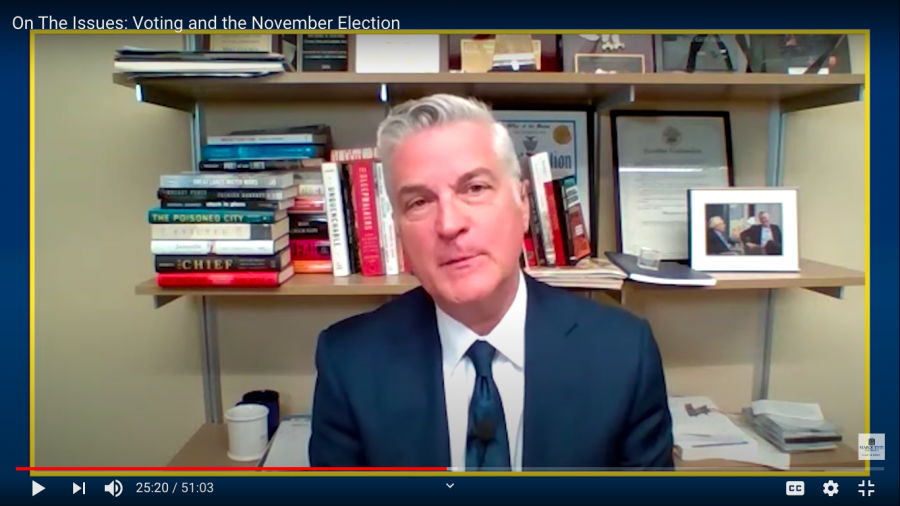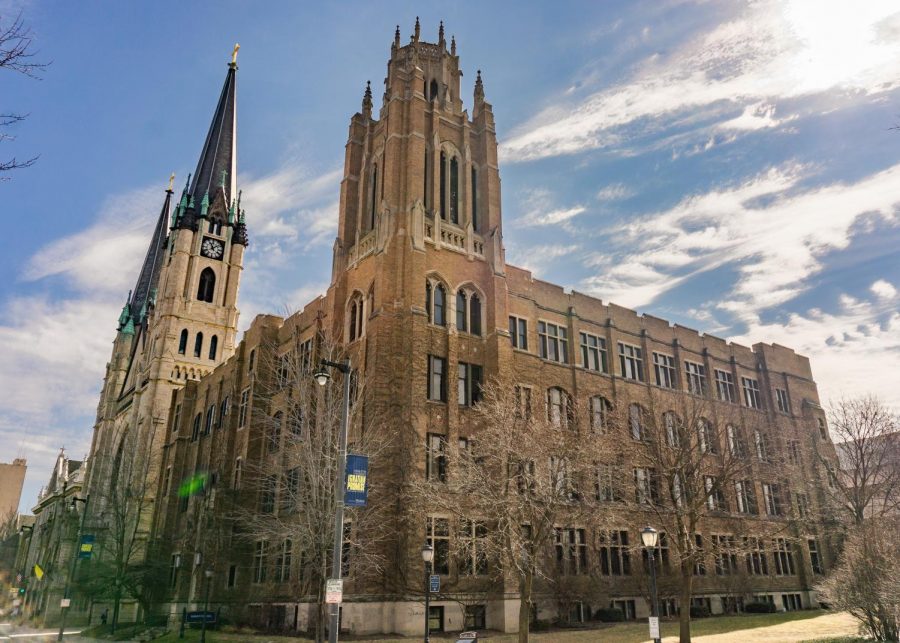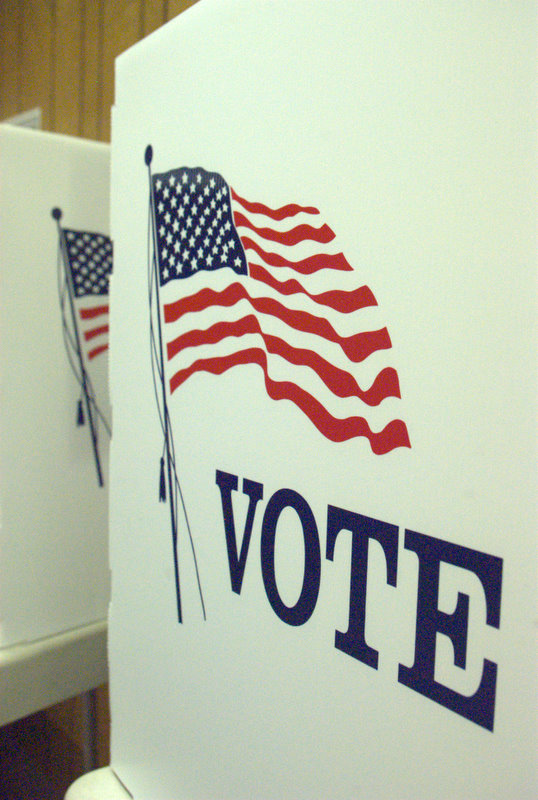This year’s election cycle not only features the presidential race but many local elections as well. The April 7 Milwaukee election alone includes numerous candidates vying for city positions such as mayor, city attorney, city comptroller, city treasurer and all 15 common council members. For some students, this is the first election in which they can vote.
Although Marquette students are normally on campus during election season, due to the recent outbreak of the coronavirus, many students have left and only a handful remain. Therefore, many students will be voting through absentee ballots, which is a way for people to vote if they are unable to go in person to the polls.
How to request a Marquette voter ID card
A valid photo ID is required to register to vote and to request an absentee ballot. To get a voter ID card, students can submit requests online and sign electronically. The deadline to request an ID card is April 5 at 5 p.m.
The Marquette Card Office will then approve the information and then print the card, scan it and email a scanned copy back to students. Students can then print and use a copy when registering or requesting an absentee ballot.
How to register
In order to vote with an absentee ballot, students must be registered to vote.
March 30 was the deadline to register to vote online in Wisconsin, but there are still two other ways to register.
Voters can register in person at the Municipal Clerk’s Office by April 3, and Wisconsin allows same-day voter registration in person at polling places on Election Day April 7.
Polls are open from 7 a.m.-8 p.m.
To register, voters will need a valid photo ID and proof of residence. Marquette students can log into their Checkmarq accounts to access the required paperwork by navigating to their student account and clicking on student account activity.
How to request an absentee ballot
If voting via absentee ballot, voters must request a ballot at myvote.wi.gov by April 2.
Additionally, voters can possibly request and vote an absentee ballot in person at the Municipal Clerk’s Office through April 5.
When voting by absentee ballot in Wisconsin, voters must submit a copy of a valid photo ID. Typically, the only exception to the second rule is if you are a military or overseas absentee voter. However, due to the impacts of the coronavirus, voters can vote without providing a photo ID if they are “indefinitely confined” in their homes or other facilities due to age, illness or disability through absentee ballot.
How to return an absentee ballot
All absentee ballots must be dropped off or postmarked by April 7.
Voters can drop off or mail their ballots to their municipal clerk’s office, or they can return their ballots at specified drop-off locations found on the city election commission’s website.
If voters drop off their ballots, they must arrive by 8 p.m. Election Day.
For Marquette students who choose to mail their absentee ballots, they can mail them to Milwaukee’s municipal clerk at 200 E. Wells St., Rm. 501, Milwaukee, WI 53202-3515 by April 7.
More voting resources
Paul Nolette, an associate professor of political science, said that the League of Women Voters is a good resource to look to for voting information. The organization encourages informed and active participation in government and works to increase voter participation, according to its website.
“The League of Women Voters does a good job of stating some of the key things to know about absentee voting in Wisconsin,” Nolette said in an email. “They are a grassroots, non-partisan political organization that advocates for informed and active participation in government. There are 20 local leagues in Wisconsin.”
NextGen Wisconsin is another organization that encourages voting. According to its website, it primarily performs its work in 11 different states including Michigan, Iowa and Wisconsin. Out of the 11 states in which NextGen works, Wisconsin had the most supporter signups at 20,171, according to the website.
Claire Stanley, a sophomore in the College of Arts & Sciences, said the organization’s work is especially important in Wisconsin because the state is considered a key decider in the presidential election.
“I think that it’s important for college students, who usually don’t have much to care about when it comes to voting, to understand local issues that impact them and how their rights can be used,” Stanley said in an email.
She added that the process she took to register to vote was fairly simple.
“I registered to vote before going to Marquette this year,” she said in an email. “All you have to do is go to your local City Hall or voting center and bring a state ID and birth certificate.”
Nick Shamulka, a first-year student in the College of Arts & Sciences, said as an out-of-state voter, he was able to register to vote in Wisconsin.
“I applied for a temporary voter ID in order to be able to vote in the State of Wisconsin this upcoming November for the presidential election,” he said in an email.
Shamulka added that being a political science major as election season approaches has been particularly interesting.
“I have enjoyed gaining perspective in regards to other people’s beliefs,” he said.
Dan Brophy, a senior in the College of Arts & Sciences and executive vice president of Marquette University Student Government, said he has encouraged students to vote throughout this semester.
“This semester I’ve worked collaboratively with a few administrators from across campus to promote the voter registration process and to encourage students to vote,” Brophy said. “We’ve done so through a couple of channels. Marquette Today, the newsletter, has been utilized to inform students on how to get an MU voter ID, what they need to register to vote and to vote, and to promote the university’s best source for voting info, www.marquette.edu/vote.”
Brophy also emphasized the importance of students’ votes.
“It’s critical that students know how important their voice is in elections. Whether it’s in Milwaukee, Wisconsin, or elsewhere, your communities (local, state, and national) depend on you to stay engaged and to vote. Elections determine so much in our society that it’s important for students to recognize how they can impact the direction of their community,” Brophy said in an email. “Voting is 10-30 minutes that impacts the next 2-4 years and beyond. I hope students recognize the value one vote and one voice has in our communities.”
Editor’s note: This story was edited April 6 to reflect changes made to the absentee ballot deadlines.
This story was written by Nick Magrone. He can be reached at nicholas.magrone@marquette.edu.

